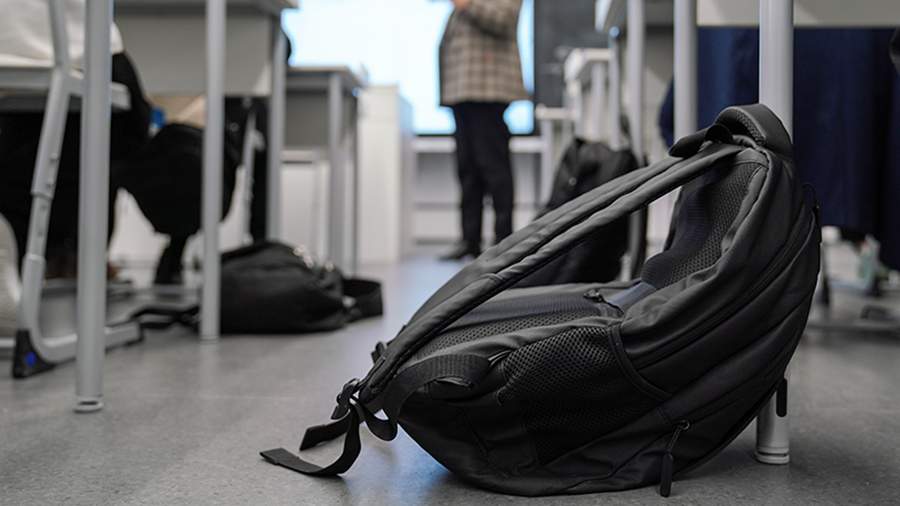The expert gave advice on how to resolve a child's conflict at school with classmates
- Новости
- Society
- The expert gave advice on how to resolve a child's conflict at school with classmates

The school period is an important stage of socialization. At this time, the child faces difficulties in communication, quarrels and insults. An unresolved conflict in time can leave an emotional mark on a child's well-being and on his studies. Polina Neverova, head of the teaching department at the educational company MAXIMUM Education, told Izvestia on March 29 what to do in such a situation.
According to her, if a child complains about a conflict with classmates, the first thing a parent should do is have a patient and attentive conversation with their child. During a conversation, you should not interrupt, condemn, or give advice that may not solve the problem that actually exists. He just needs to listen, ask clarifying questions, and make it clear that his parents take his problems seriously.
"It's very important for an adult to control their emotions. Of course, first of all, I want to blame someone: either the abuser of the child, or the child himself - for initiating the conflict, or the teacher — for not intervening in time. But in fact, at a difficult moment, a child needs a balanced and adult position of a parent," the expert concluded.
She advised parents to show the teenager the problem from different points of view, so as not to label it. So, it is necessary to highlight what the child's area of responsibility is and how the other side is involved in the conflict. At the same time, it is worth remembering that any child needs the unconditional support and love of a parent. Therefore, it is important to convey to him that, no matter what circumstances, his parents will always be by his side and support him. But if he is wrong, then we should find out together by talking.
"It is important to explain to the child that conflicts are a normal part of interpersonal relationships, and they can be resolved. And to do this, you need to be able to express your emotions and tell the offender exactly what offended you. For example, "When you laugh at me, I don't like it." Such self-statements help the child to set personal boundaries in the school team," explained Neverova.
If the abuser turned out to be the child himself, then first of all you need to find out how systematic this story is. As the expert noted, usually a teenager's desire to offend others is born as a result of a reaction to problems in the family. The reason may be a variety of situations. For example, a child may imitate the behavior of a parent who raises his voice. It is possible that parents suppress the child's will, impose many prohibitions, and through aggressive actions the child expresses his negative emotions.
"In addition, the tendency to "bullying" behavior may be a consequence of his personal dissatisfaction with the circumstances. For example, a child may fall behind the school curriculum and thus express their dissatisfaction. In this case, it is worth paying attention to additional classes on the subject," the expert said.
The current situation needs to be discussed with both the homeroom teacher and the teachers. Teachers can help sort out the situation.
At the same time, Neverova reminded that teachers should strive to create an open, friendly environment in the classroom where everyone will feel supported. You can conduct class hours, team building trainings, and lessons on empathy and empathy. In addition, a teacher can mediate in a dispute when students cannot find common ground, discuss the situation with both sides, and let everyone have their say. It is also important for the teacher to talk with the parents.
Earlier, on March 13, Olesya Mayerova, head of the educational department of the USE Center school, told Izvestia that choosing an educational institution is one of the key decisions that parents make for their child. However, it can often fall short of expectations. The expert advised to pay attention to the emotional state of the child. If he starts returning from school without a mood, avoids communication and begins to refuse to share his impressions, this is an alarming signal.
Переведено сервисом «Яндекс Переводчик»

